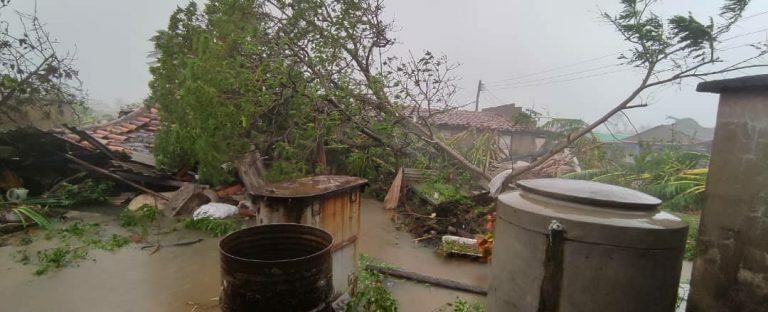Andrea Becerril
Newspaper La Jornada
Monday December 12, 2022, p. 8
The presidents of the Senate and the Chamber of Deputies, Alejandro Armenta and Santiago Creel, respectively, will meet before the end of the current session to agree on a work schedule that will allow them to deal with the enormous backlog of pending issues that continue to accumulate in both bodies of Congress.
There is particular concern about the minutes, that is, the reforms already approved in some chamber, which stop at the co-legislator. In the case of the Senate, there are 214 pending ruling from the last year alone, 456 that were handed over by the Chamber of Deputies between September 2028 and 2021 and another 300 that lag behind previous legislatures.
Among these more than a thousand detained minutes are the law to comprehensively prevent, address, and repair forced internal displacement, the constitutional reform that creates the National Care System, which have been in the Senate since the end of 2020, as well as those related to provisions for prevent gender violence, among others.
In San Lázaro there is a similar delay, so that in the meeting that Creel will hold with Armenta next Wednesday, a proposal will be studied that each chamber present 50 minutes that they consider most relevant, so that they can be analyzed during the legislative recess. which begins on December 16 and dictate them from the next ordinary period, which begins on February 1.
Armenta held a meeting last Thursday with the heads of the work commissions, just to ask them to define which are the priority issues that are pending ruling in the co-legislator, since in many cases these are initiatives exceeded by other legislation or that They are out of date, have been frozen for a long time or are inconsequential.
In some cases it is political resistance. This is the case of the oldest minutes in the Senate, dating from February 2014. These are reforms to the Fisheries and Aquaculture Law, which establishes that the objective of this legislation is to to guarantee
the right of indigenous communities to preferential access, use and enjoyment of aquaculture and fishing resources. The current text only obliges to procure
such right to native peoples.
In this sense, Armenta asked the presidents of the 47 ordinary work commissions to review the priority issues that are in process or that are detained in the co-legislator, in order to advance the legislative work.
The presidents of the commissions alluded to the fact that the period available to the various agencies of the federal Executive to present opinions on the opinions must be taken into account and they proposed establishing criteria in this regard and setting dates, because in many cases the opinions they are personal to the links and not to the dependency.








